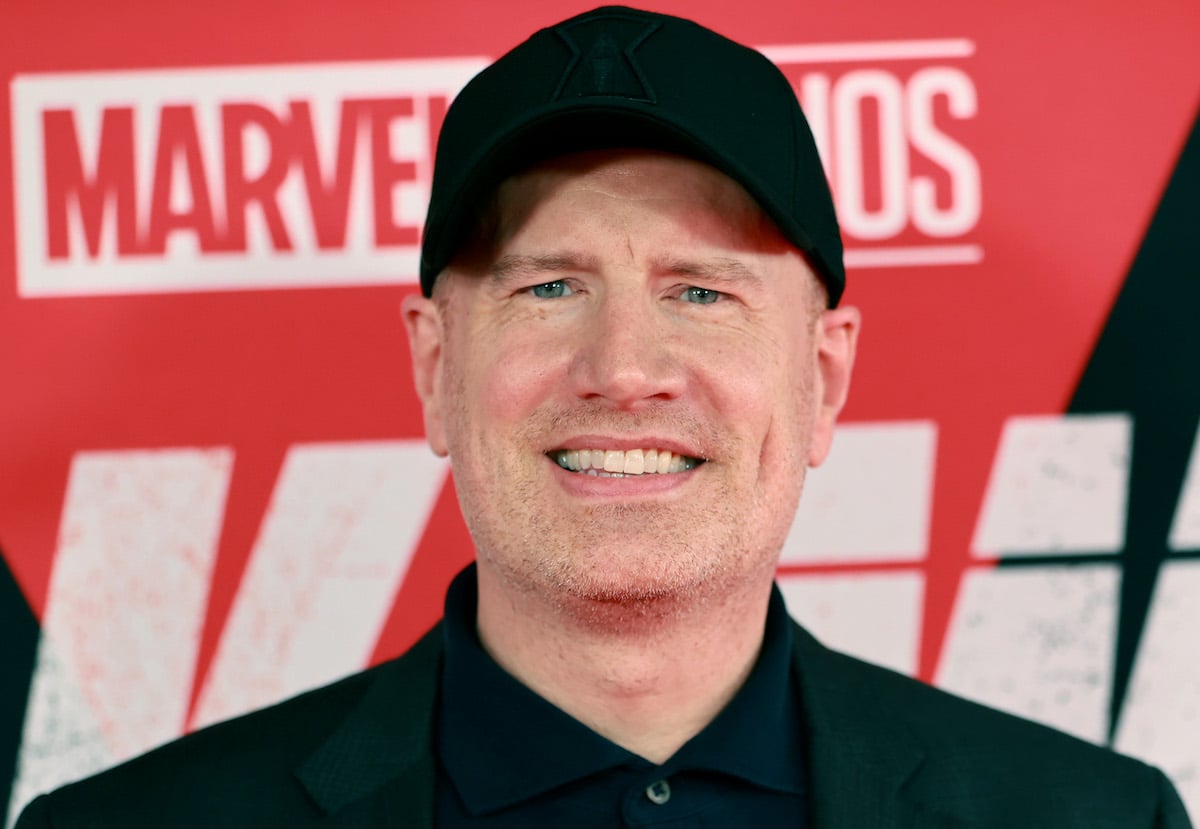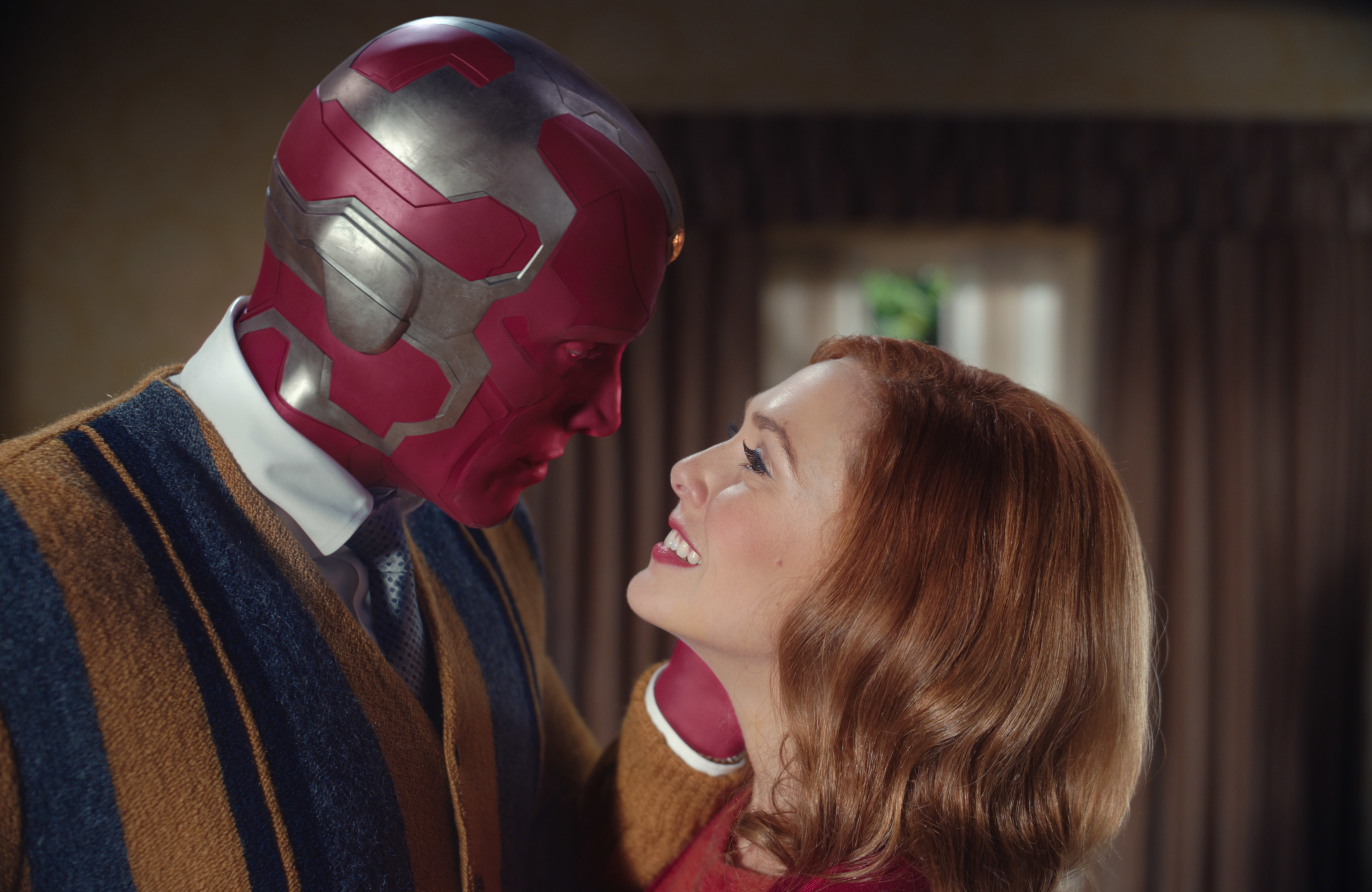Kevin Feige on Marvel’s Non-Traditional Sequels
With the Marvel Cinematic Universe having been built up over a number of years, to the point where its characters are now deeply intertwined, sequels in the MCU don’t always follow the traditional format. This will become even more apparent with next year’s release of The Marvels.
The film is a sequel to 2019’s Captain Marvel. But in some ways, it is also a sequel to Avengers: Endgame and Wandavision. And while Carol Danvers will feature prominently, it’s expected to be larger in scale than the 2019 movie. It’s not merely a continuation of the main character’s story, as we would see in a more traditional sequel. The film will also lead into future MCU movies, like Secret Invasion. So it’s essentially both a sequel and a prequel.
In an interview with Cinemablend, Marvel Studios head Kevin Feige recently discussed the studio’s approach to sequels as the MCU moves forward.
Changes in genre in the MCU

Feige noted that one of Marvel’s goals in terms of sequels has been to have the various films in a series take on and adapt to different genres.
“I think my favorite example goes back to Captain America: The First Avenger, a World War II movie, and then Captain America: The Winter Soldier, a political espionage thriller,” Feige said.
He noted that the purpose of doing this is to continue to drive forward the series, and the larger MCU.
“I think it’s always the way we’ve tried to approach them, which is, what is the next story? And how can we continue to evolve a film series?” he said.
The expansion of Marvel through Disney+

This approach to sequels is going to become increasingly important to the studio as the MCU continues to expand, both in terms of storylines and style, through the shows on Disney+.
Already, we’ve seen Falcon and the Winter Soldier, an action series, Loki, a sci-fi, the animated What If…? and the genre-defying Wandavision. And with more series of varying styles, genres, and lengths on the way, the studio will certainly need to be nimble in terms of introducing characters from one series or movie into another.
Feige’s approach to sequels, therefore, is necessary for the MCU to continue to grow in the way in which he envisions. Sticking to a more traditional sequel format, where each subsequent film in a series merely serves to continue the arc of a single lead character, is out of the question at this point.
Better stories and character development
Not only is this approach necessary to the continued growth of the MCU, but it allows for greater character development and more interesting stories, as it gives the filmmakers a broader range of experiences and settings to drop the characters into.
“Audiences say, ‘I respond to this character, I like these characters.’ And then it is our job to not keep delivering more of the same, but to take those characters they like and put them into different environments and deeper stories,” Feige added.


